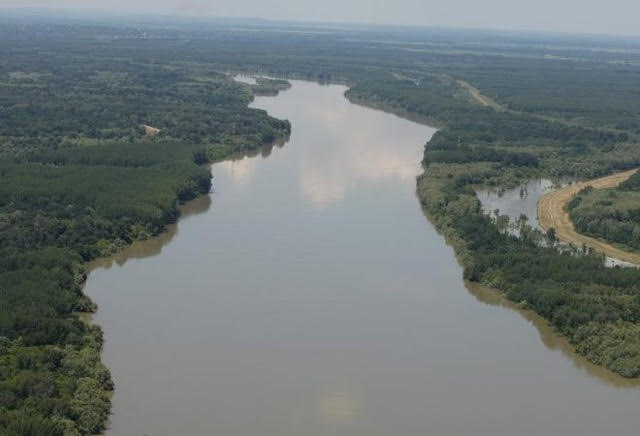

The new European Commission’s ‘Strategy’ specifically states that the EU will not accept importing disputes and the instability they may entail, followed by a demand that the responsible parties solve their bilateral disputes as a matter of urgency. Unfortunately, despite its apparent significance, the requirement needs to be taken with a pinch of salt: the document falls short of outlining specific tools or approaches for resolution, or for the Commission’s own involvement and support. This applies both in terms of developing the right conditions in the countries for bilateral negotiations to take place, and for the agreements to be signed, ratified and upheld by the respective governments. In addition, resolving a dispute prior to the EU accession is not always a guarantee of the stability and sustainability of the agreement, as we have seen in other cases. The latest development in the on-going dispute between Croatia and Slovenia over maritime border has seen the latter planning to take the case to adjudication in Brussels by filing an Article 259 infringement procedure against Croatia for refusing to uphold the decision of the European Court of Justice from 2017. One of the key problems is that both countries are now Member States, where the EU institutions lack leverage, if not legal frameworks, to broker a sustainable resolution, which explains the Commission’s nervousness vis-à-vis importing similar disputes together with other Western Balkan countries. Precisely because of this, the Commission and other EU institutions need to be more clear and draw a concrete action plan for engagement, when their help is required.
The long-running dispute between Serbia and Kosovo is the most pressing and has impact on the entire region. The situation between the two countries has deteriorated in the last twelve months, as has Kosovo’s internal stability and security. For example, the draft statute of the Association of Serb Municipalities is on hold for implementation, facing strong internal opposition from Kosovo’s citizens. The Commission is facilitating Belgrade-Pristina dialogue but, at the same time, has requested that a “comprehensive, legally binding normalisation agreement” must be signed by the two entities, which will be extremely challenging for the citizens of both countries. The EU pressure for resolution seems to be working but the current Commission’s mandate is coming to an end in 2019, with possible disruption if the fragile process is not finalized by then. Unlike this dispute, others are not that fortunate in receiving support, such as the visa regime between Kosovo and Bosnia and Herzegovina. While such matter is not usually qualified as a bilateral dispute, in this instance the description is fair simply because of the complex political regional dynamics. Requirement for visas prevents thousands of citizens of both countries from travelling freely every year, and from engaging and cooperating in a way that would bring stability and progress. A solution needs to be identified and brokered immediately, with the Commission’s help.
One of the positive developments in 2018 for the region is ratification of the border demarcation agreement, signed in Vienna in 2015 with Montenegro, by Kosovo parliament. There is also a quietly steady improvement of relations between Serbia and Croatia, particularly visible in the reinvigorated activities of the intergovernmental committees and special working groups engaged on the resolution of bilateral disputes. The most important development of 2018 in the region is the agreement between Macedonia and Greece on resolving the name issue, which opens the EU and NATO accession path for the country. Nevertheless, there is still a long path ahead for Macedonia to ratify and implement this agreement, including a referendum on the country’s new name, “North Macedonia”. However, despite the progress, the EU Council at their session in June 2018 decided not to open accession talks with Macedonia, and their neighbour Albania, inflicting a major blow to the country’s leadership and not duly rewarding Macedonia’s huge effort. By this, Corina Stratulat argues the EU failed to live up to their own rhetoric, while this outcome has emphasized deep divisions between the EU Commission and the Member States towards enlargement, with France and Netherlands directly blocking the two countries’ progress in accession.
This year I am more optimistic about the state of affairs of bilateral disputes resolution, as the Western Balkan countries seem more apt in finding their own ways in strengthening bilateral relations and opening space for negotiations. I am less optimistic about the lack of help available to them and lack of principle ration by the EU, but lets hope next twelve months bring improvement on this front too.